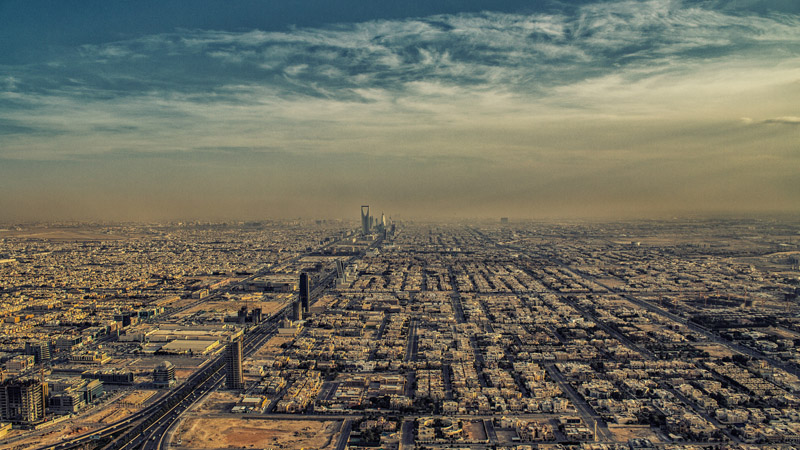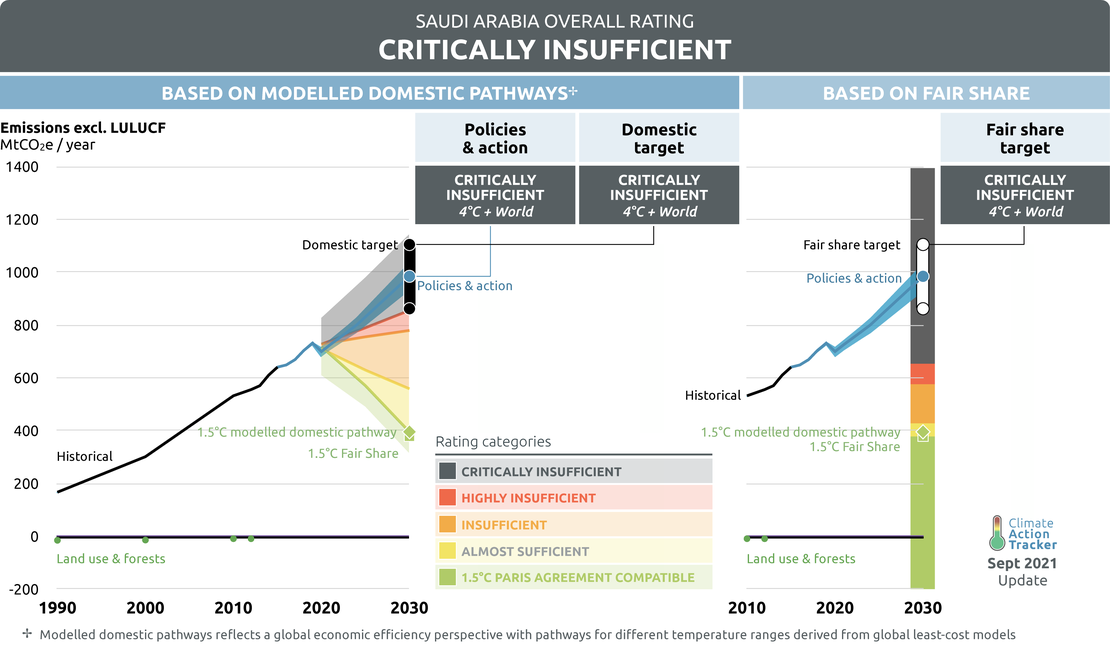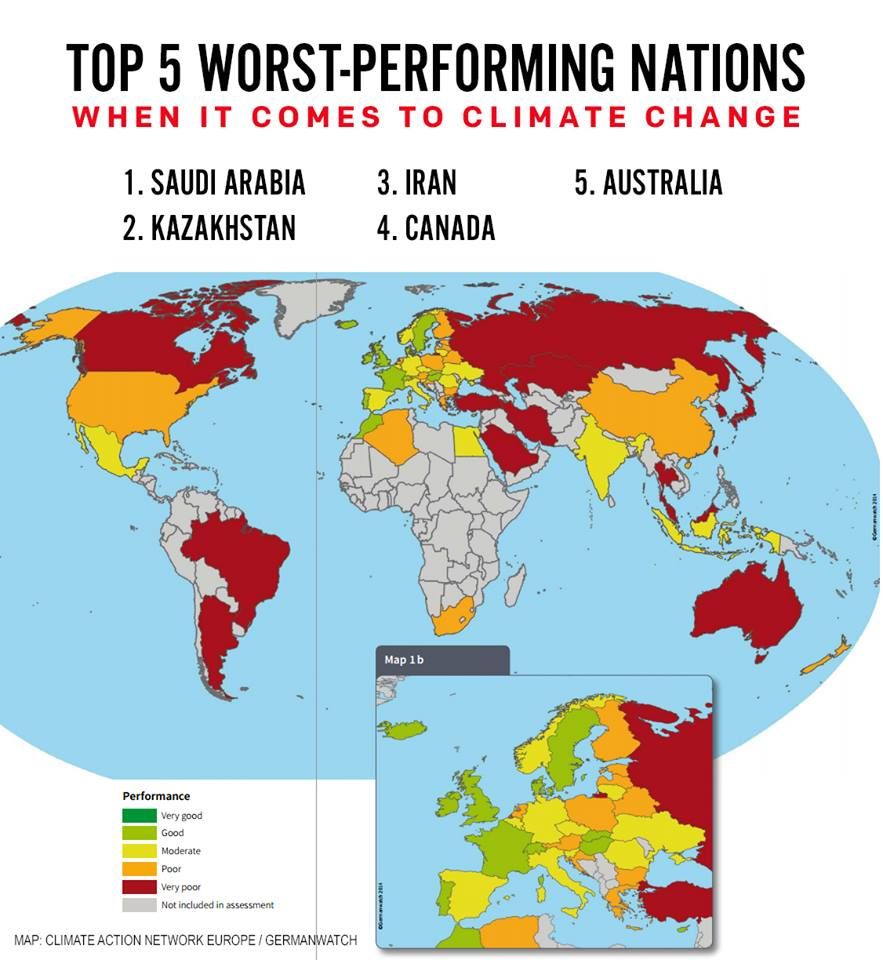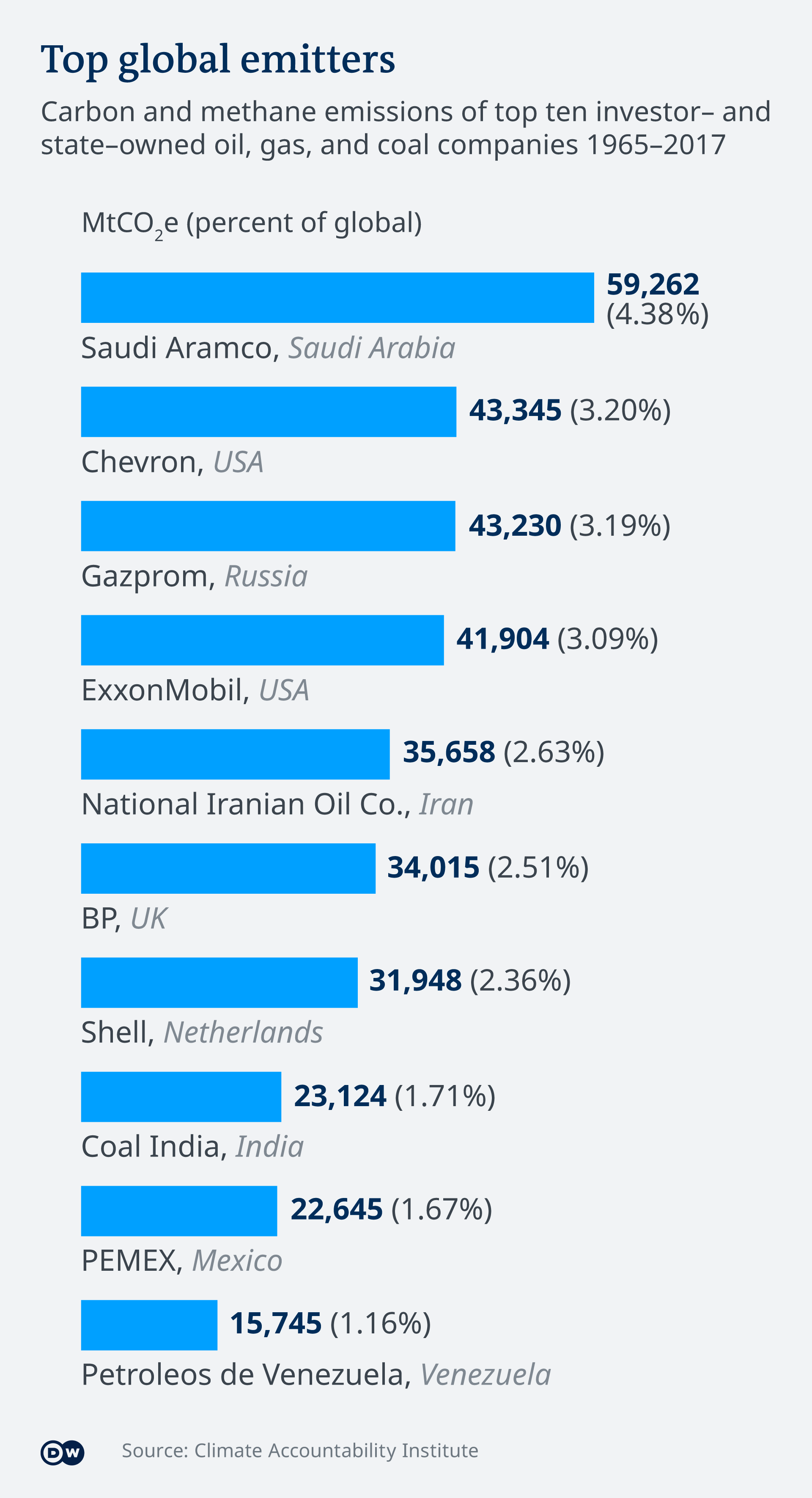Though a few countries stepped up their efforts to meet the goals targeted under Paris Agreement, a few may have set their respective end years for emissions, a few may have restructured their plans to quit the same.
Nevertheless, a synthesis report produced by UN in the beginning of 2021, has revealed that the change or relative drop in countries’ emissions would be relatively small in 2030 i.e., maybe less than -1% as compared to 2010.
It emphasized such emission reduction to be ranged around -45% in 2030 compared to 2010.
Climate science keeps pressurizing for a deeper transformation needed to achieve world goals with no effects on most fossil-dependent economies of the world.
However, as the Executive Secretary to UN climate change explains: “We are encouraged by the recent political shift in momentum towards stronger climate action throughout the world, with many countries, including some major emitters, setting net-zero emissions goals by mid-century and global corporations committing to stronger climate action”.
“The key test for world leaders is whether or not they agree to rapidly phase out fossil fuels, as the science warrants. History will not be kind to them if they fail.”
“It is vitally important that we get more clarity on how countries are planning to fulfil those longer-term commitments”.
“If we want to stand any chance of reducing emissions by 45% by 2030 and embark on the road towards carbon neutrality around mid-century, transformative decisions need to be taken now”.
Saudi’s case in point:
Saudi Arabia’s climate aims and policies have been termed by Climate Action Tracker (CAT) as “Critically insufficient”, with complete inaction and lack of data availability.
If analyzed in depth, its policies lie in consonance with 4+ degree Celsius of Global temperature rise.
In early 2019, it operationalized “Vision 2030 strategy” with a new renewable energy target capacity to achieve 27.3 GW by 2023 and consequently, 57.8 GW by 2030.
It lacked clarity and ambition on its commitments for Climate Action.
But recently, Saudi’s leadership has decided to set a timeline and be more responsive towards efforts required to limit the global temperature rise.
Being a major exporter of fossils since eternity, the onus lies on Saudi as well to tread on the path to save planet from human footprints.
Saudi has recently set the target year for negating its own emissions, primarily released by burning fossil fuels, to be 2060 and to double its emissions reduction plans to be achieved by 2030.
This initiative, garnering an approximate investment of over 700 billion riyals ($190 billion) for the time period, aims to eliminate a staggering 278 million tonnes of carbon dioxide emissions every year by 2030, as compared to a previous target of 130 million tonnes.
Though stressing on the continued significance of hydrocarbons in the world, Saud’s crown prince and its energy minister have reassured the world of their fight against Climate change.
The gulf country opened its first renewable energy plant back in April, the first wind farm in August 2021 and hopes to build a $5 billion plant for generating clean hydrogen using green fundraising.
The wide- scaled Electric vehicle adoption will be one key objective to achieve this target with at least 30% of cars in its capital Riyadh to be EVs by 2030.
They will seek emission reductions “while maintaining its leading role in strengthening security and stability of global oil markets”.
The fossil-fuel powered Countries’ narratives for Climate change:
Not long back, the coal giant Australia and oil-rich Saudi Arabia wanted to downplay the need for transition, the world away from fossil fuels.
Japan, where Industries and transports are driven using fossil fuel energy, rejects Environmental reports claiming how coal and gas-fired power stations are required to be shut down within 9 and 12 years respectively, for 1.5 and 2 degrees Celsius temperature rise.
This announcement was made at the Saudi Green Initiative (SGI) structured ahead of COP26 supposed to be in Glasgow at the end of this month.
It is to note that the world’s biggest and third-biggest emitters China and India respectively, have not yet committed to any dedicated timeline.
Earlier the chief executive of Saudi’s oil company Aramco, has urged the world communities to stop demonizing the hydrocarbons.
Aramco has therefore aimed to upscale its oil and gas production capacity while simultaneously achieving net zero emissions from its own operations by 2050.
It will also involve the cutting of emissions of methane by 30% from 2020 levels by 2030.
Prince Salman explains: “It has to be a comprehensive solution. We need to be inclusive, and inclusivity requires being open to accept others’ efforts as long as they are going to reduce emissions.”
One shall be appreciative of a fact that an economy truly dependent on oil, is trying to ensure energy diversification and a cleaner planet jeopardizing its economic motives. Though it comes late, but it is always better to be late than never.




